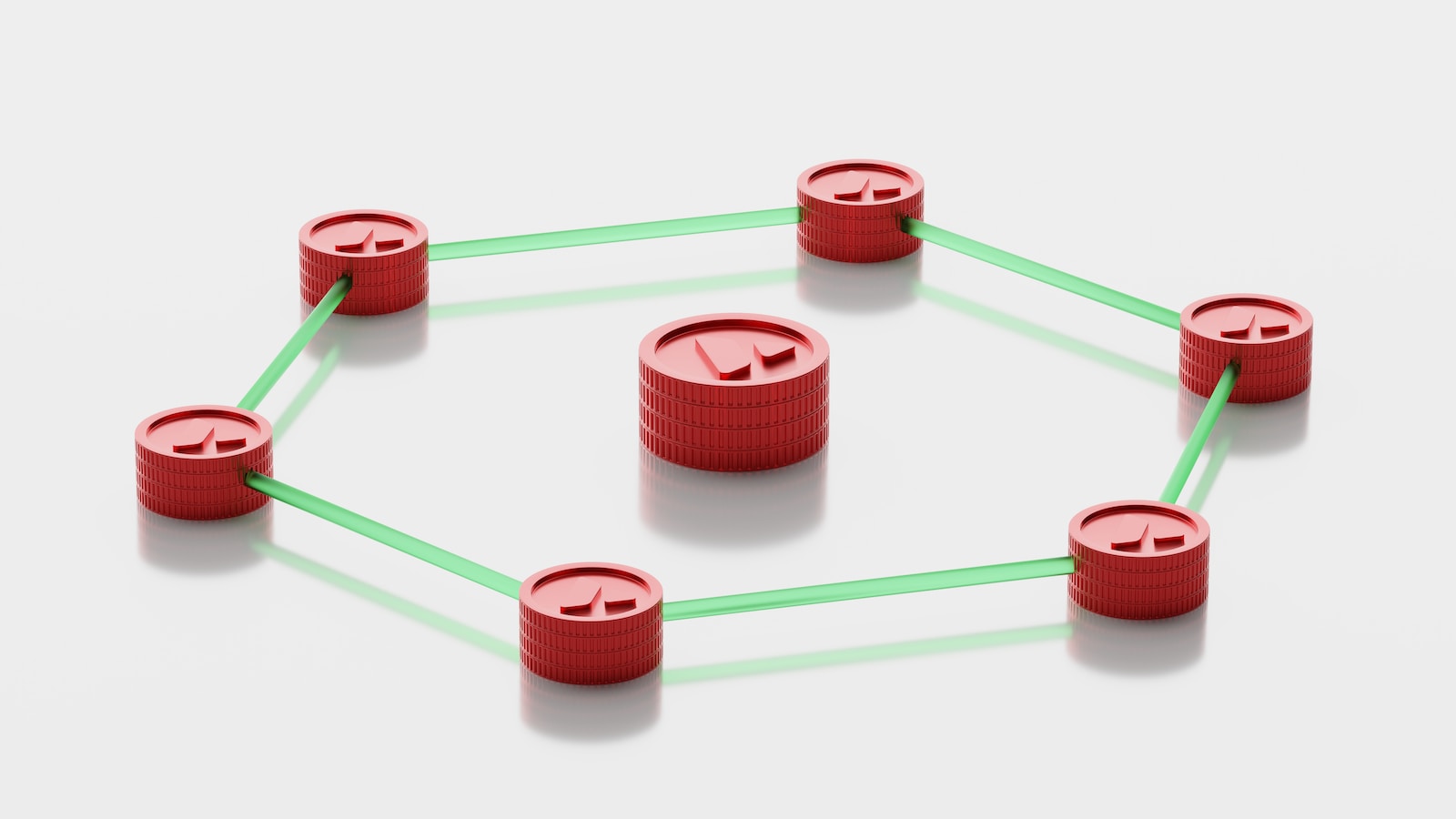Hello there, fellow ethical spenders! I’m Sarah Thompson, your friendly neighborhood advocate for conscious consumption. For the past four years, I’ve been on a mission to shed light on ethical spending, and today, we’re diving into the intriguing world of ethical wealth transfer practices. Buckle up, folks, because we’re about to embark on a journey filled with insight and a sprinkle of humor.
Picture this: You’ve worked hard to accumulate wealth throughout your lifetime, and now you’re faced with the crucial task of transferring your assets to the next generation. The question is, can you do it ethically? The answer is a resounding yes! Let’s explore how to pass on your wealth responsibly, while also maintaining your values and principles.
Understanding Ethical Wealth Transfer
First things first, what exactly is ethical wealth transfer? It’s about leaving a legacy that goes beyond financial assets. It’s about ensuring that the wealth you’ve amassed benefits not just your heirs but also the community and the planet. Ethical wealth transfer aims to promote social and environmental responsibility, and it’s something that every conscientious individual should consider.
Here’s how you can get started:
Define Your Values and Objectives
Before you can transfer wealth ethically, you need to know what you stand for. Take some time to reflect on your values and objectives. What causes or issues are close to your heart? Do you want to support education, healthcare, or environmental sustainability? Identifying your core values will guide your wealth transfer strategy.
Example: Let’s say you’re passionate about education. You can establish a scholarship fund for underprivileged students in your local community or donate to organizations that provide educational resources to marginalized communities.
Create a Comprehensive Estate Plan
An estate plan is the foundation of ethical wealth transfer. It includes your will, trusts, and other legal documents that dictate how your assets will be distributed after your passing. Working with a knowledgeable attorney is crucial to ensure that your wishes are carried out accurately.
Example: Suppose you want to ensure your family business continues to operate sustainably. You can create a trust that mandates environmentally responsible practices and ethical labor standards.
Consider Impact Investments
One way to make your wealth work for good is by investing in companies and projects that align with your values. Impact investing involves putting your money into ventures that generate positive social and environmental outcomes alongside financial returns.

Example: You can invest in a renewable energy project or a social enterprise that addresses poverty and unemployment in disadvantaged communities.
Encourage Philanthropy
Philanthropy is a powerful tool for ethical wealth transfer. By setting up a family foundation or donor-advised fund, you can involve your heirs in charitable giving, instilling values of empathy and responsibility.
Example: You and your family can collectively decide which organizations to support, making giving a family tradition that spans generations.
Educate Your Heirs
Passing on your wealth ethically isn’t just about the money; it’s about the knowledge, too. Ensure that your heirs understand your values and the reasoning behind your ethical wealth transfer choices.
Example: Host family meetings or workshops to discuss the importance of responsible wealth management and the impact it can have on society.
Monitor and Evaluate
Once your ethical wealth transfer plan is in motion, it’s essential to monitor its progress and make adjustments as needed. The world is ever-changing, and your wealth transfer strategy should evolve with it.
Example: If the organizations or projects you support no longer align with your values, reallocate your funds to better options.
Seek Professional Guidance
While you may have a clear vision of how you want to transfer your wealth ethically, it’s wise to consult with financial advisors who specialize in ethical and sustainable investing. They can help you make informed decisions that align with your goals.
Example: Your advisor can provide insights into impact investing opportunities and tax-efficient strategies for charitable giving.

Final Thoughts
Ethical wealth transfer isn’t just a financial transaction; it’s a legacy-building endeavor. By defining your values, creating a comprehensive estate plan, and considering impact investments, you can ensure that your wealth leaves a positive mark on the world. Encourage philanthropy, educate your heirs, and remain adaptable in your approach. Remember, the key to ethical wealth transfer is aligning your financial legacy with your ethical values.
So, my fellow ethical spenders, let’s take this journey together, making the world a better place one wealth transfer at a time. Your wealth has the power to create meaningful change, so use it wisely, and leave a legacy you can be proud of.

































